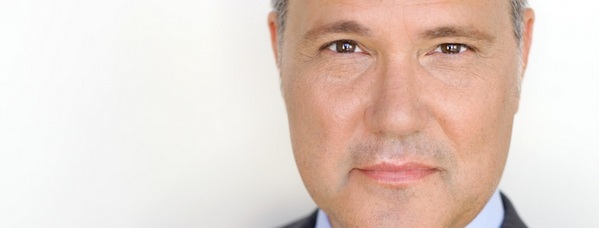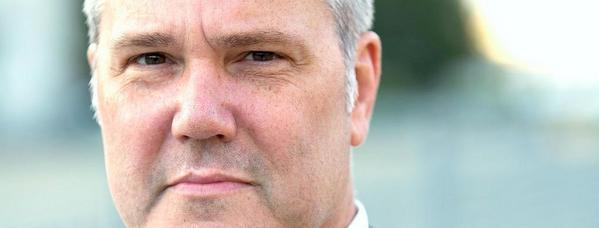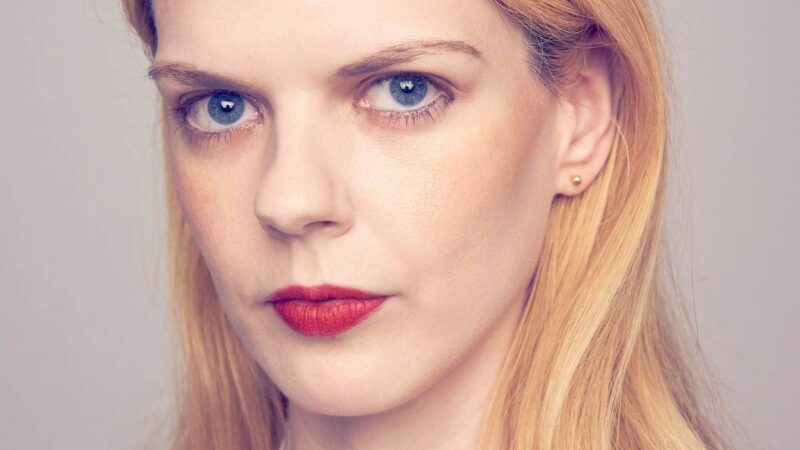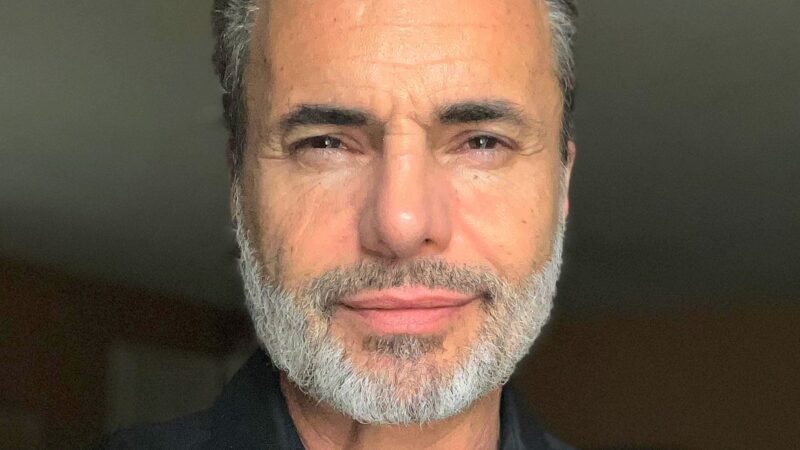
I grew up when Steven Spielberg and George Lucas made their early films. Because I didn’t grow up watching Shakespeare or Tennessee Williams I was more of a film nerd. I was in a small Ohio town, a teenager, and I did some local theater but I was really more interested in films. I made a couple of short films. In 1988 the movie Rain Man was filming nearby and I got to be an extra for two days. I can’t overstate the excitement I felt over those couple of days, and the following year I moved to Los Angeles.
1942. Chicago to China. THE ELEPHANTS OF SHANGHAI. 83% 5-star reviews! #adventure #kindle https://t.co/oNHp4vQl6y pic.twitter.com/ryX8n2NTN8
— Stephen Jared (@stephen_jared) May 24, 2016
Did you study acting
When I arrived in Los Angeles I was twenty-one. I got into an acting class and struggled terribly to develop even a morsel of acting talent. After finally gaining a certain level of comfort I stayed for another three years, making for a total of five years in acting class.
What acting technique do you use
I studied with Brian Riese. He would bring in script pages from current TV series and movies and we’d work those scenes every week. Approaching material was practical and personal in that he left you to find your own way. He was a bit like a golf or tennis instructor in that he knew you learned most by doing and he’d offer supportive insights, ways to adjust. He was big on serving the script, not making up histories that could lead you away from the writers and directors intentions. Your choices had to be supported by what was on the page. I think the biggest difference in my thinking today as opposed to when I started is that I used to believe acting was an escape from yourself. Now I think it’s the opposite.
Do you take courses to improve your craft
I had an audition recently and the character was a cocky racist — a type I couldn’t relate to. I gave a little money to an actor friend who I admire to work with me on it, and it was money well spent. I knew he’d take me in directions I wouldn’t take myself. One should always seek to improve, see things from new perspectives.
What acting books do you read
I’ve not read any acting books. I’m sure there are insights to be gained but for the most part I think you learn by doing.
How do you keep fit as an actor
I think it’s a profession like any other in that regard. The job is perhaps a little easier if you’re in relatively good shape.
How do you prepare for a role, when you get it
I rehearse it different ways. Until you’re on set you’re not going to know exactly how the director might want the part played. You have a good indication from the audition but you can never be certain. So I might rehearse a very flexible performance with my wife before the shoot.
How do you take a character in a script to a honest, believable and breathing person
If it’s a comedy you have to find where the laughs are, and if it’s well written that’s pretty easy. You play the laughs, hopefully keeping it relatively grounded. With a drama you can be a little more organic. In either, you have to find some emotion to play. Even a tiny bit in a TV commercial you find some emotion to play. A casting director once told me to imagine I’m in a documentary, and that remains a helpful tip in making sure I don’t turn it into a caricature as opposed to a character.
How do you stay fresh on set
For one, I don’t eat much on set. I don’t want to get tired. Other than that you keep connected to the other actors, listen carefully, keep repeating the emotional beats. Try to enjoy the repeated takes rather than see them as a threat.
Describe a memorable character you played
The most fun might have been an idiot, Phil, that recurred in nearly twenty commercials for a fast-food restaurant called Jack in the Box. I’m a huge fan of old Hollywood and to me it almost felt like a silent film character in that most of the laughs were visual. He was a character who was overly self-assured and terribly insecure at the same time. They were wildly original. The creatives behind these commercials were brilliant. I did those between 2003 and 2010 and have such fond memories of all the commercials we did.
Explain one creative choice you took on set
Recently I did a TV episode and the director told me he’s obsessed with the movie No Country For Old Men and wants something like that. I knew he was referring to a mood. I walked slower than normal. I went from a crouch to a stand so much slower than anyone would in real life. But it’s cinematic, these movements. There’s a tension that comes from watching someone move like that. Though it’s terribly unnatural. The director seemed very pleased that I understood what he was hoping to achieve.
What do you want most from a director
A sense of calm and specificity.
What actors do you long to work with
Harrison Ford.
Why
If not for Star Wars and Indiana Jones I’d never have pursued a career in Hollywood.
What advice would you give to actors
Give serious thought to why you want to be an actor, and then ask yourself if that is something that can be sustained for decades? If you’re in your twenties when you start, as I was, you need to realize you’re competing against people who started when they were ten. If they’re starring on a series twenty years later and you’re doing a couple of lines, are you going to be happy? You might become a huge success. What if you don’t? Give serious thought to why you’re braving such an incomprehensibly competitive business.
Briefly write about your career
I grew up in a small town. My wanting to be an actor was understandably met with the same skepticism as if I’d decided to be an astronaut or president. Though my career hasn’t been successful by any reasonable measure, it’s extraordinary to me that I’ve been able to do anything at all as an actor. I have terrific memories of being on various sets. There’s no disappointment in the individual experiences I’ve had working. I only wish I could work more.







